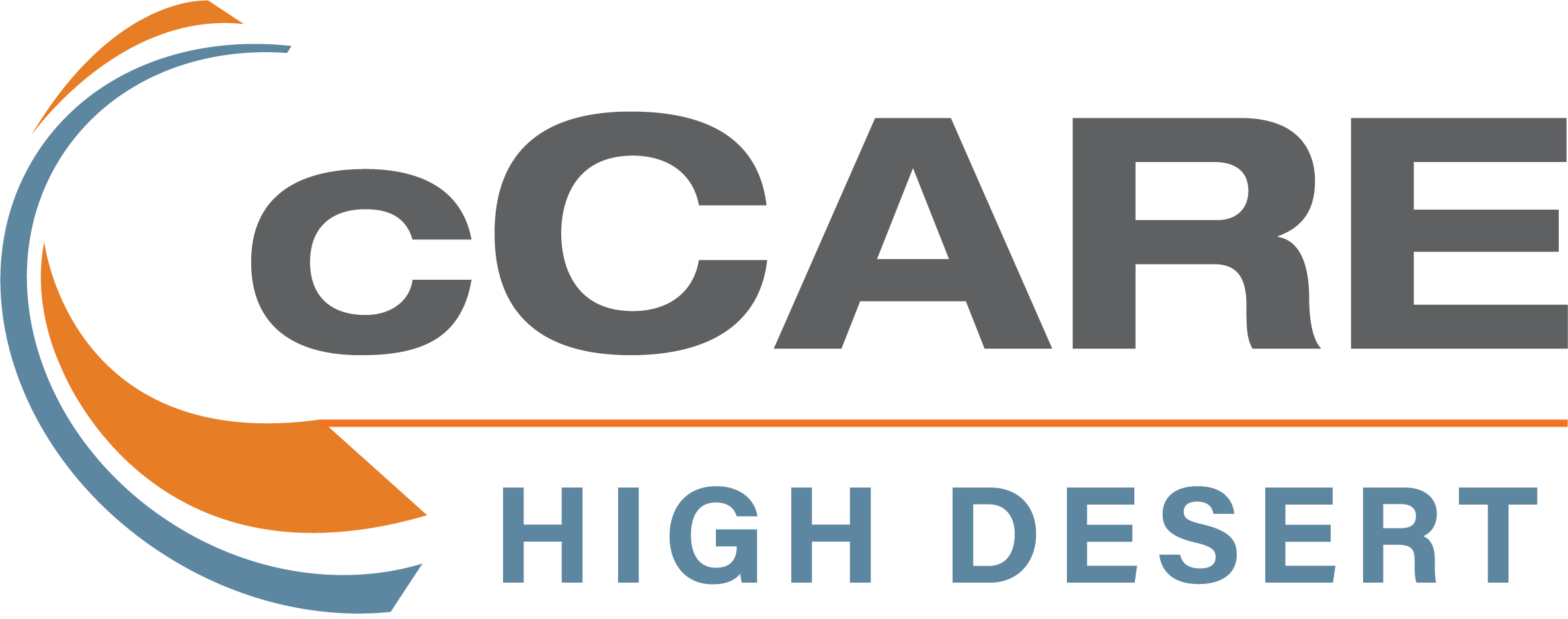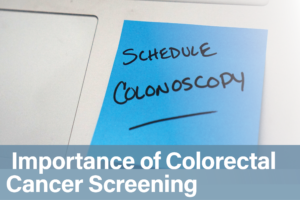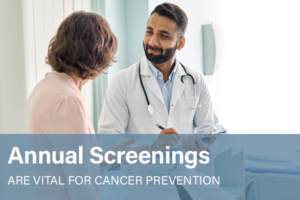National Women’s Health Week serves as a reminder to prioritize their physical and mental health, and overall well-being. This week aims to highlight women’s health issues and priorities and encourage women of all ages to prioritize their physical, mental, and emotional well-being. Join us in this uplifting journey as we dive into everything that makes women’s health so important.
The focus is on the unique health challenges women face, and the aim is to empower women to make their health a top priority and help them understand what steps they can take to improve their health. Here’s how you can participate, raise awareness, and make the most of this important week.
Tips for Participating in Women’s Health Week
- Schedule a Check-Up
- Use this week as a reminder to schedule or attend regular check-ups. Whether it’s a general physical, a mammogram, or a reproductive health exam, staying on top of your screenings is critical for early detection of potential health issues.
- Stay Active
- Regular physical activity is one of the most important things you can do for your health. It can help prevent several diseases, including heart disease, cancer, and stroke. Aim for at least 150 minutes of moderate-intensity aerobic activity or 75 minutes of vigorous activity each week.
- Eat Well
- A balanced diet rich in fruits, vegetables, lean proteins, and whole grains is essential for good health. Reduce your intake of processed foods, sugar, and saturated fats to boost overall health and energy.
- Focus on Mental Health
- Mental health is as vital as physical health, and it’s important to take time to relax and recharge. Consider activities like yoga, meditation, or just spending time on a hobby you love.
- Educate Yourself on Health Issues Affecting Women
- Take time to read up on issues like breast cancer, cervical cancer, mental health, and heart health. Understanding these can help you make informed decisions about your health.
Preventive Care Importance
Preventive care is a key focus during Women’s Health Week. It’s about more than just avoiding illness; it’s about keeping healthy, living longer, and being proactive about your health. This includes:
- Regular screenings for breast and cervical cancer.
- Vaccinations that are important for women.
- Discussion about family planning and safe sex practices.
- Comprehensive checks for cholesterol levels, blood pressure, and more.
Women’s Health Week is more than a seven-day observance; it’s a reminder that women’s health matters every day. By taking steps to improve your health, advocating for necessary health services, and educating yourself and others, you can make a lasting impact on your well-being and that of other women in your community. Let’s use this week to celebrate health, spread awareness, and take action towards a healthier future for all women.






